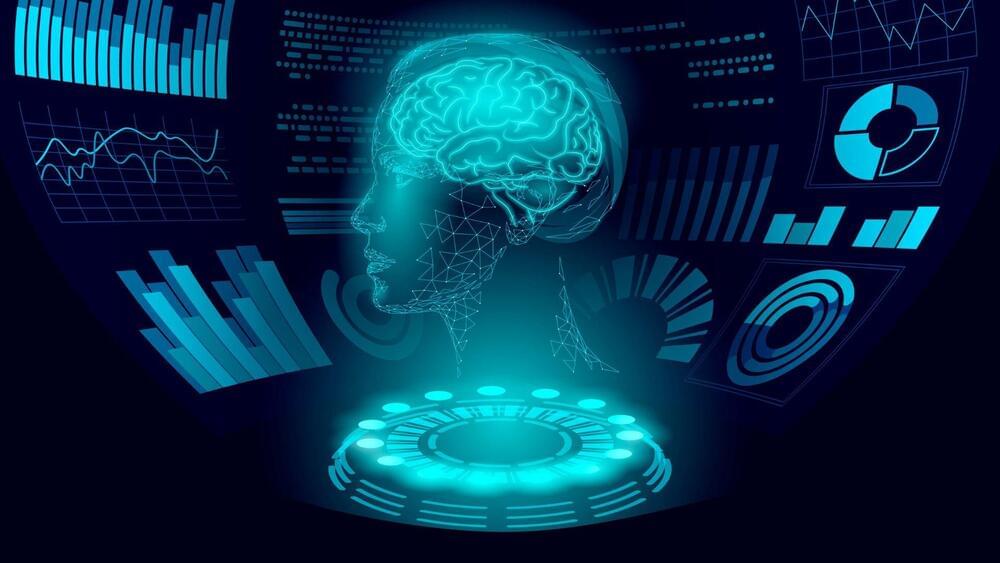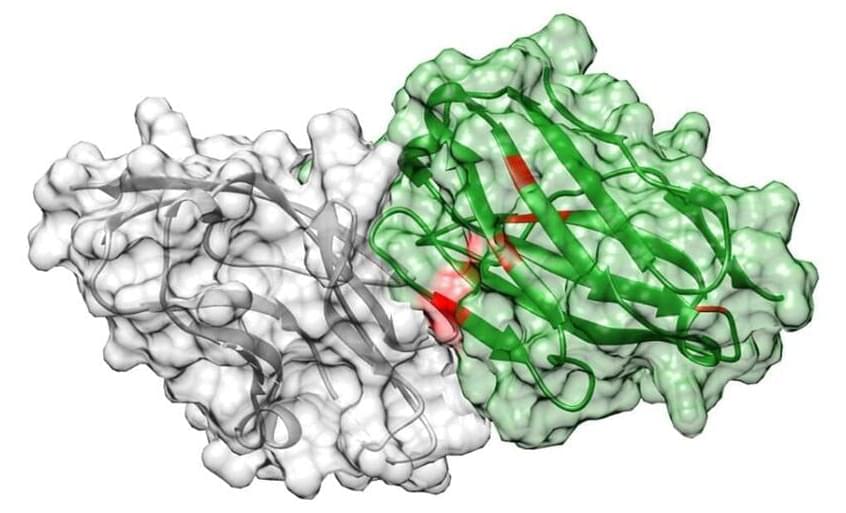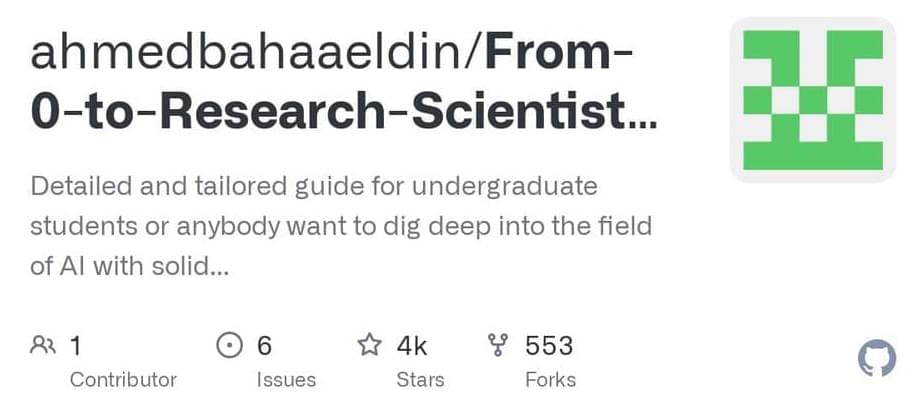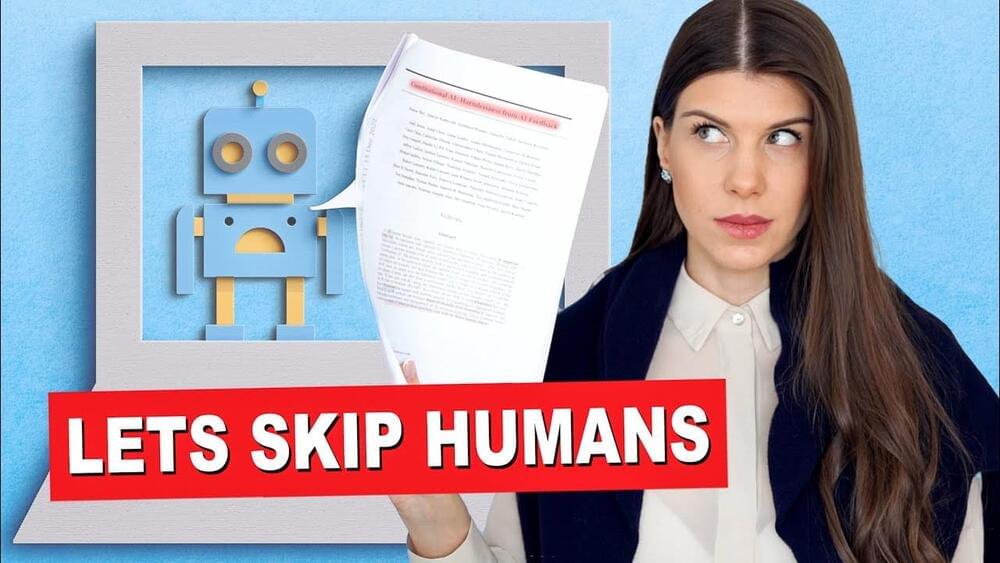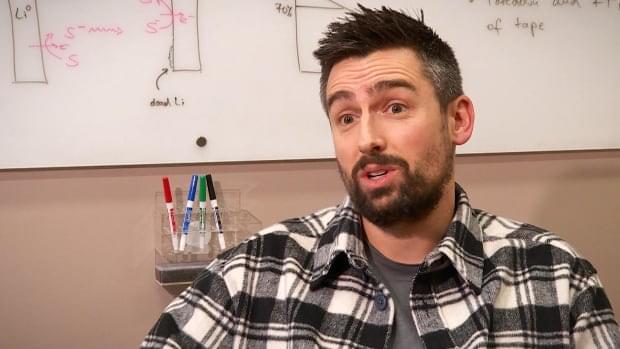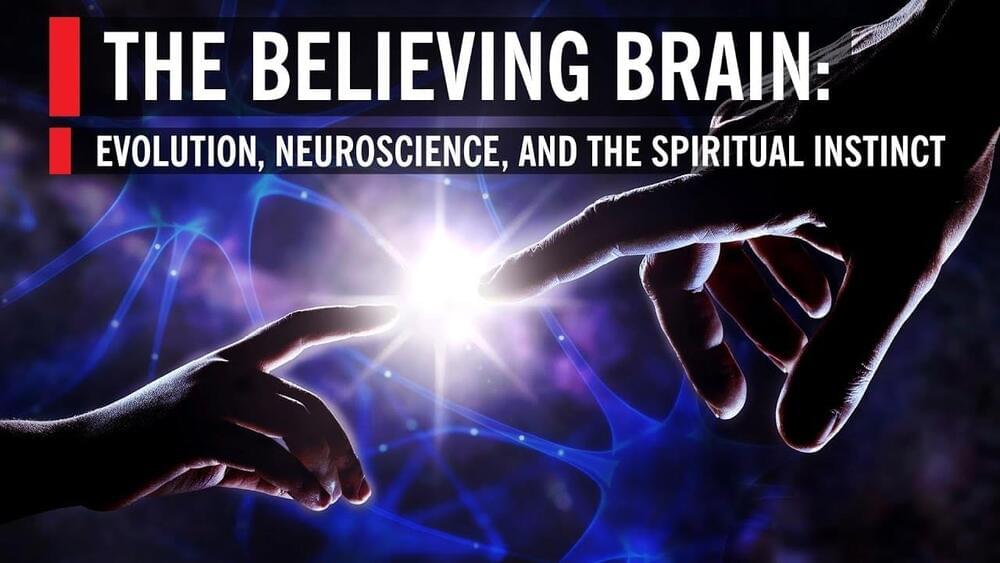Jan 31, 2023
Prosecutors ask court to stop Sam Bankman-Fried from using Signal
Posted by Gemechu Taye in category: encryption
He is trying to influence the witness, alleged prosecutors.
Prosecutors of the FTX trial in the U.S. have asked the court to tighten the norms of the bail given to former CEO Sam Bankman-Fried (SBF) and bar him from using the encrypted messaging app Signal, The New York Times.
David Dee Delgado/Getty.
Continue reading “Prosecutors ask court to stop Sam Bankman-Fried from using Signal” »


